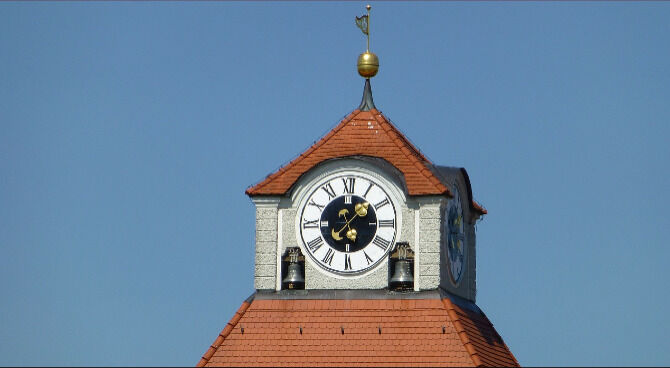Religion and spiritual beliefs in Germany
When moving to another country, religion or spiritual belief is one of the aspects that keeps people tied to their cultures of origin. And while some people are able to practice their faiths in solitude, many feel the need be a part of a community with the same set of beliefs and values. For those wishing to become part of a religious congregation, it is thus useful to research a country’s religious structure before moving abroad.
Relocate Editorial
15 July 2013When moving to another country, religion or spiritual belief is one of the aspects that keeps people tied to their cultures of origin. And while some people are able to practice their faiths in solitude, many feel the need be a part of a community with the same set of beliefs and values. For those wishing to become part of a religious congregation, it is thus useful to research a country’s religious structure before moving abroad.In Germany, around 65 per cent - 70 per cent of people are Christians, with roughly half of them belonging to the EKD (Evangelical Church in Germany) and half of them being members of the Roman Catholic Church. As a result of the historical development of religious beliefs in Germany, Northern and Eastern Germany are mainly Protestant while Southern and Western German regions like North Rhine-Westphalia or Bavaria are mostly Catholic.Furthermore, there are smaller Christian congregations such as Evangelical Churches (Baptists, Methodists, Mennonites etc.) and as well as the Russian-Orthodox and the Greek-Orthodox churches.Apart from Christians, there are several minority religions in Germany. The most prominent one is Islam (maybe 4 per cent of the population), followed by Judaism and Buddhism (both representing less than 1 per cent of inhabitants).A large percentage of people (around 30 per cent), however, are not involved with any kind of religion at all. Many of those unaffiliated with religious beliefs live in Germany’s East, in the former communist state of DDR.Generally speaking, Germany has an open and tolerant attitude towards people of all kinds of backgrounds and religions. There is no formal state belief and those moving to Germany from places with a more formal religious background will find the country to be fairly indifferent to theological matters. However, there is also plenty of religious life going on in the different congregations around Germany. They can be found all over the country and, while mostly Christian in the more rural areas, for all kinds of religious persuasions.When first moving to Germany, it might thus be useful to start your new life in a more metropolitan area with a wide range of religious communities. Not only will it be more likely you will find your specific religious (or non-religious for that matter) faith. People in larger towns might also be less prone to religious prejudice than those living in the country. Furthermore, when choosing your accommodation, city centres are more practical in terms of living than remote parts of a city. In order to find the perfect place to live in the long-term or to just get started in the right area at first, it might be useful to look for temporary accommodation in city centres before choosing your long-term housing. Serviced apartment providers like Derag Livinghotels might be of help when looking for accommodation in Germany.





























